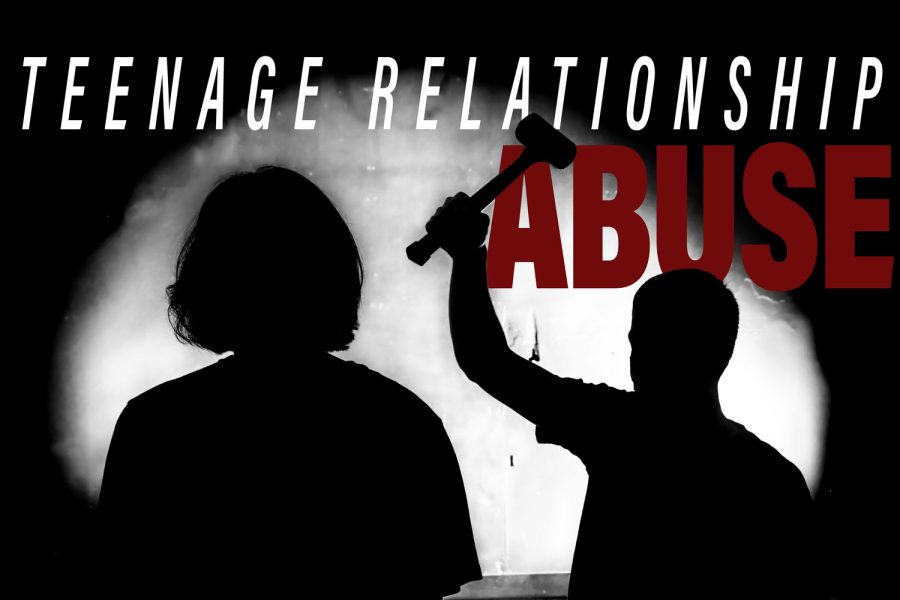Relationship abuse is an issue in high school too
How to identify emotional abuse in teen relationships
Photo by Abby Elliott
Females being subjected to male abuse has always been an all-too-common occurrence in society, so much so that it is sometimes simply seen as an inevitable part of life.
November 1, 2020
Females being subjected to male abuse has always been an all-too-common occurrence in society, so much so that it is sometimes simply seen as an inevitable part of life. Although many advances have been made in gender equality, female inferiority is still an issue in today’s world. One of the ways this inferiority occurs is in abusive relationships. This is often associated with adult life, something that only happens in college flings or marriages. However, kids my age fail to realize that it is happening around us, too — right in our high school. Many teen girls experience misogyny and abuse in their romantic lives.
There are many ways abuse shows itself in a romantic relationship, mainly through verbal, emotional and psychological violence. This includes behaviors in which the partner tries to control aspects of his partner’s life, by ridiculing and demeaning her and forcing her to do something against her will. Because of such behavior, girls often feel unhappy in a relationship but are too emotionally dependent to leave the relationship or to accept that it’s making them unhappy. Through sharing experiences with other girls, I have learned of the ways misogyny presents itself in teen relationships.
Verbal abuse is a way for the perpetrator to make his partner feel small and worthless by spoken word. Verbal abuse includes screaming, yelling, chastising and ridiculing. I’ve been made aware of the common occurrence of a man insulting his girlfriend’s interests or sense of humor. He will tell her that her interests and jokes are stupid, making her feel less than him and diminishing her value.
Another form is emotional abuse by use of isolation. This is where the perpetrator will try to increase the partner’s dependence by removing them from other people in their life. A common example I’ve heard of is when a boyfriend will get upset or annoyed when the girl spends time with or texts and calls friends or family. He will make her feel guilty by implying that she doesn’t care about him because she spends time with other people. He invokes empathy and she believes that he needs her, which in turn makes her more dependent as well.
Misogynistic tactics also include gaslighting. This is common in abusive relationships as the perpetrator will reverse the victim role to make the girl believe he did nothing wrong. Think of it like this: A girl will try to have a conversation with her boyfriend. After no response, she turns around only to find him mindlessly scrolling through Instagram and not heeding a single word she says. She gets upset and he retorts by saying that she’s controlling because she always tries to tell him what to do. She then feels guilty for having said anything. He ended up getting what he wanted, which was to shut the girl up and continue looking at Instagram. It may seem trivial, but this behavior is deeply demoralizing when experienced firsthand and repeatedly.
















